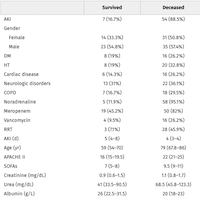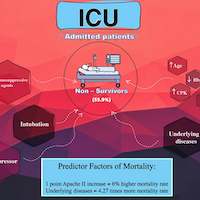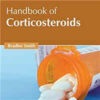SSEP Retains its Value as Predictor of Poor Outcome Following Cardiac Arrest in the Era of Therapeutic Hypothermia
ccforum.biomedcentral.com
The absence of the somatosensory evoked potential (SSEP) N20 cortical wave remains one of the most reliable early prognostic tools for identifying unfavorable neurologic outcome in the evaluation of patients with severe anoxic-ischemic encephalopathy whether or not they have been treated with TH.
When confounding factors are eliminated the false positive rate (FPR) approaches zero.
There are many methodological limitations in those patients reported in the literature with severe post anoxic encephalopathy who recover despite having lost their N20 cortical potential.
These limitations include lack of sufficient clinical and neurologic data, severe core body hypothermia, specifics of electrophysiologic testing, technical issues such as background noise artifacts, flawed interpretations sometimes related to interobserver inconsistency, and the extreme variability in interpretation and quality of SSEP analysis among different clinicians and hospitals.
















